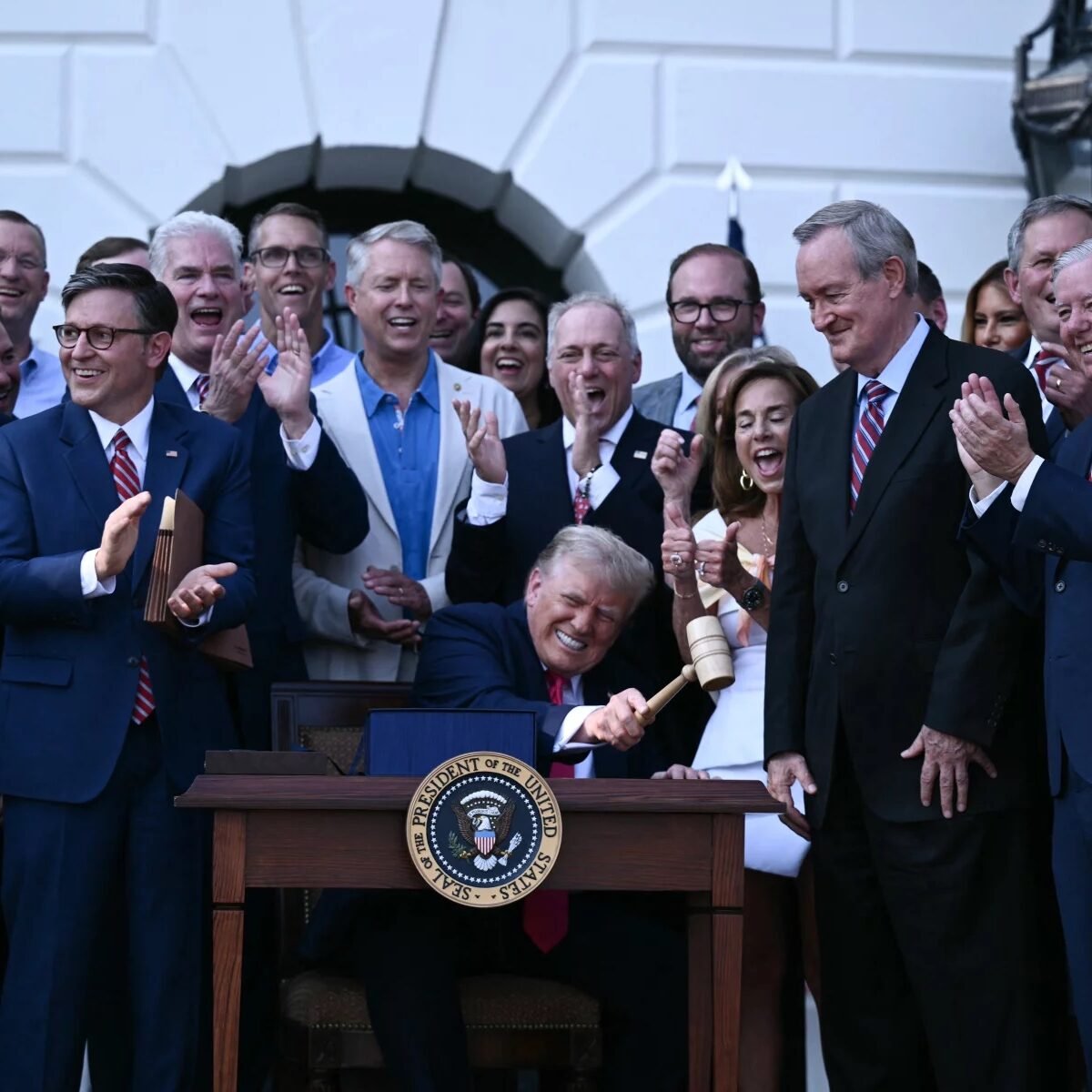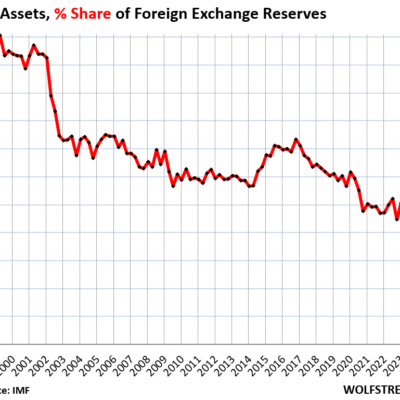Ron Bonjean, a Republican communications consultant, said Trump has his job cut out for him.
“He’s going to have to repeat the benefits of the bill over and over and over and over again, which is primarily, ‘I made sure your taxes didn’t go up,’” Bonjean said, adding that such repetition is generally one of Trump’s strong suits.
That emphasis is needed because the bulk of the tax cuts in this bill are actually an extension of lower rates that have been in place since 2018. About 80% of American families saw their tax bill reduced when the initial cuts were passed in Trump’s Tax Cuts and Jobs Act. But for the majority of taxpayers, the savings weren’t big enough to be obvious, said Vanessa Williamson, a senior fellow in governance studies at the Brookings Institution.
“At the end of the year, people are looking at their refunds. They’re not thinking about whether over the course of the year, 10 bucks here or there was different,” Williamson said.
This isn’t a new phenomenon: During the George W. Bush administration, the government sent $300 rebate checks to people’s homes, but it didn’t take long for voters to forget about them, said Williamson. When tax cuts passed early in the Obama administration, many voters actually thought their taxes had gone up. But Williamson said this package may be even harder to sell.
“One of the things that’s really unusual about the bill this year, unlike the Tax Cuts and Jobs Act and unlike the Bush tax cuts before, this time they tied tax cuts to spending cuts, and those are cuts that will affect everyday people,” Williamson said.





